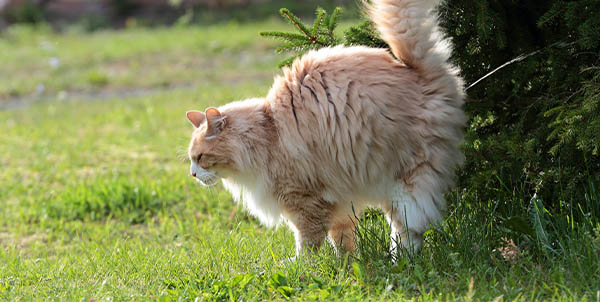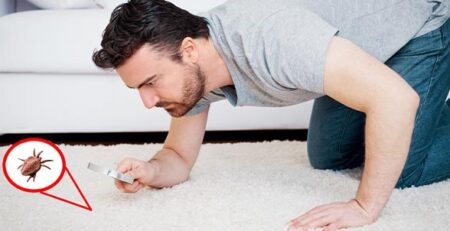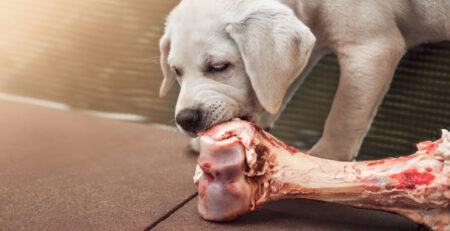Table of Contents
Male cat castration: an intervention from which there are only health benefits for your cat. First among them is the prevention of testicular diseases.
Neutering deprives the male cat of hormones that regulate sexual behavior, so that the desire to mate ceases.
By overriding the instinct to gratify this merely reproductive drive, the cat is spared the sense of frustration resulting from the failure to gratify the desire.
The feline will no longer suffer from sexual anxiety stress, and the circulating testosterone will not make it an aggressive, territorial animal.
Assuming that neutering does not cause harm to the animal or affect its psyche and temperament or alter its cognitive faculties, know that it is an intervention from which only health benefits accrue to your cat.
Do you think neutering the male cat is an act against nature? You think wrongly.
Even today there is a widespread prejudice that neutering a male cat is cruel, an act against nature or even, an impairment.
Castration is, on the other hand, an act of responsibility and guardianship that all male cat owners should perform.
Puppy suppression and mating diseases: here is the real distortion
The lives of companion animals are already altered, as they are dependent on and conditioned by humans in a thousand different ways, and spaying and neutering do not constitute the major “distortion.”
Abandonment and suppression of puppies (a criminal remedy often resorted to by humans) anxiety, stress, and mating disease could be avoided if only preventive castration were used.
Can you recognize your cat’s sexual anxieties?
From the moment he feels the urge to mate, the male cat clearly manifests this drive through:
- Vertical urinary marking, whereby they affix their signature in specific places where there is a need, precisely, to leave other male cats with a clear and unmistakable olfactory message i.e., “I’m in here and the females are mine”
- Emotional instability, constant meowing, aggression, lack of appetite, melancholy attitude, nervousness
- Tendency to escape in order to search for a partner and to engage in fights with other competing males-a “stray” behavior that exposes the kitty to the dangers of the streets and the risk of contracting, through blood and saliva resulting from fights with other males, serious diseases such as FIV (feline immunodeficiency) and FeLV (feline leukemia).
When to castrate a male cat and how many types of castration are there?
Generally, castration of male cats is performed after both testicles descend into the scrotum, then around six months of age.
There are two types of surgery: vasectomy and orchiectomy, which is actual castration.
- Vasectomy (or deferentectomy) involves the resection, after ligation, of the vas deferens ducts that carry sperm. This is rarely done because the cat becomes sterile, but behaviors related to its sexual maturity do not cease.
- In the case of orchiectomy, however, the veterinarian incises the scrotal sac, closes the sperm funicles, and extracts and removes the testicles. Definitive and minimally invasive, this surgery totally eliminates the animal’s sex drive.
- A third alternative is drug treatments, which, in addition to their dubious reliability, can cause harmful side effects to the cat’s health and predispose it to infections, if not even tumors.
How to handle the cat after neutering?
The postoperative course is short and usually free of complications.
In the hours immediately following surgery, it is best to leave the cat quiet.
The only caution is to make sure the cat does not lick the wound.
If this happens, leading the wound itself to swell or even, to tear, consult your trusted veterinarian immediately.
Do neutered cats tend to gain weight?
Obesity is an indirect consequence of castration.
Excess fat is an accumulation due to decreased energy use i.e., reduced activity level.
The real cause of obesity in the cat lies in the overeating associated with the sedentary and less active life the cat begins to lead when, after neutering, it no longer has reason to scamper far and wide in search of females.
Increase your cat’s physical activity level by increasing play or adopting another so that they can play together.
And again, moderate calorie intake: doing so will preserve your kitty from obesity.
It should be emphasized that castration is still a surgical procedure that must be agreed upon with your veterinarian: consult him beforehand and he will explain in detail how to proceed.
Contact us for a consultation: the doctors on the Staff of La Veterinaria Clinic are at your complete disposal to clarify your doubts and concerns.
In case of necessity and urgency, we also remind you that Clinica La Veterinaria is always open every day h24 including holidays and with First Aid service from 8 pm to 8 am.
For the joy of seeing them HAPPY.











